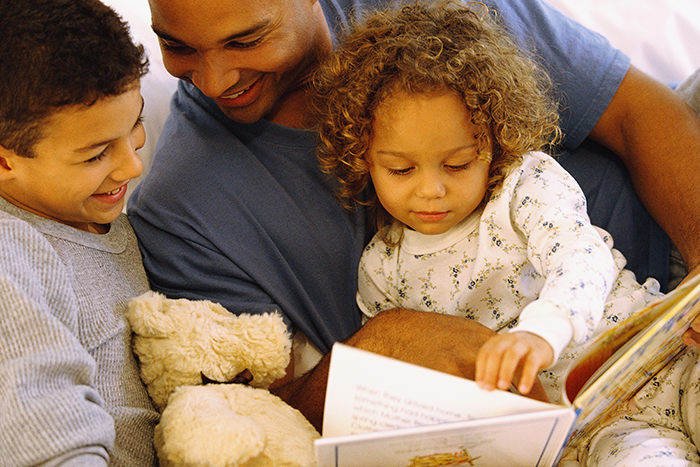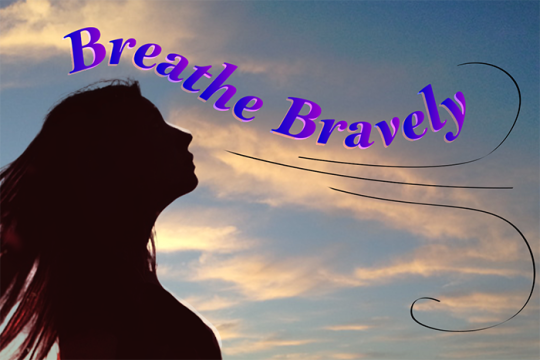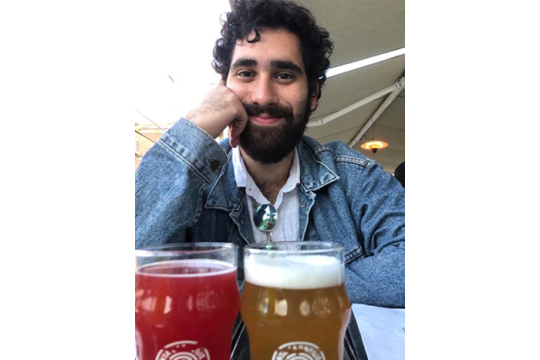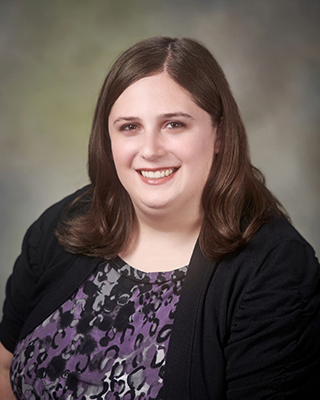
The Jewish people love to share stories, as memory is a central Jewish value. We cannot forget what has happened to us because we must share it with future generations. The past is one of our best learning tools.
Though our history of slavery under Pharaoh is a familiar one, recalled every year during Passover, it is not comfortable. It is painful to hear about how our people were oppressed by Pharaoh and acknowledge that oppression still continues in contemporary times. We don't like to think about our ancestors working long hours in horrible conditions; it is tragic to contemplate the senseless murder of innocent people. Yet, this story is a significant part of our past.
Tradition tells us that not only do we need to hear about what happened to earlier generations, we must also put ourselves into the text. Researcher Lisa Moss-Phillips writes, "The Jews are a storytelling people… Storytelling is a rich part of our Jewish tradition and continues to be an ongoing, effective way of transmitting a cultural heritage and…sharing values."
We continue to remember and share difficult parts of our people's story because the difficult parts are also part of our history. Being a "storytelling people" means not just discussing happy memories or what brings us pride about our story, but continuing to pass down all of it, even the challenging parts that we'd prefer to shy away from.
We also know that when we shy away from addressing the uncomfortable parts of our story, history can repeat itself in unexpected ways. In 1923, Yiddish playwright Sholem Asch wrote a play called "God of Vengeance." When it debuted, the show was deemed indecent because it contained the first lesbian scene on a Broadway stage. In 2015, playwright Paula Vogel's show "Indecent," a behind-the-scenes account of that first play, had an award-winning run on Broadway. Last winter, just up the road from my congregation at Douglas Anderson School of the Arts, a production of "Indecent" was canceled for the same reason that Asch's play was censored over 100 years ago: "mature content" that those in power felt was inappropriate.
Each student in the play had parental permission to participate and had acted in shows with mature subject matter before. What changed since previous pieces with complex themes, however, was the recent Florida bill limiting discussion in schools about sexual orientation and gender identity or, as many call it, the "Don't Say Gay" bill. Duval Schools deny that this bill has anything to do with their decision to cancel the production, stating that it was the adult dialogue in the play that was inappropriate and led to the cancellation.
One of the actors, Madeline Scotti, declared, "100 years and we are still fighting the same injustices that Sholem Asch and his company did… 'Indecent' is a story about how detrimental censorship is, about how its damaging effects can ruin a nation and a community. I don't need to point out the irony."
This censorship is also concerning to me as a rabbi because the play is about Jewish people, includes Jewish themes, and its narrator ultimately perishes in the Holocaust. A sad and uncomfortable story, yes, but one that needs to be told, especially with the growing antisemitism and senseless hatred in our communities and around the world. Along with many other minority groups who have a painful history, we cannot ignore the dangers of that history repeating itself with genocide, modern slavery, and ignorance that leads to some people benefitting from the suffering of others.
Playwright Paula Vogel recently commented in an article for JTA, "We know this historically: The first step towards totalitarianism is censorship of the arts. It's burning books. It's closing down theaters. In all societies, as we go towards fascism, the arts are labeled as degenerate. That's the conversation we need to be having."
We are a storytelling people. We learn that every person has a story that deserves to be told, not hidden, even when that story is uncomfortable. Many of us have lived through and continue to face the dangers of ignorance and discrimination. We cannot be like the pharaoh who did not know of Joseph, whose chosen ignorance led to fear, slavery, and senseless death. We must continue telling stories that push our boundaries and educate, especially when those stories are difficult to hear.
In every generation, we strive to share our tradition and heritage, even the uncomfortable parts. In every generation, we must pass down all the stories that we hear so that we can continue learning from the past, not repeating it.
Related Posts

Breathe Bravely

He’Brews, He’Leads


